Animal shelters and rescue organizations play a vital role in saving and caring for homeless pets. These organizations often operate on limited budgets and depend heavily on community support to continue their mission. If you’re looking for a way to contribute, donating essential supplies can make a big difference. From basic necessities like food and cleaning supplies to office materials and medical essentials, there are many things rescue shelter needs every day. Whether you’re decluttering or shopping with purpose, this guide outlines 15 helpful items you can donate to support the welfare of animals and the teams that care for them.
1. Monetary Donations
Financial support is always at the top of every shelter’s wish list. Monetary donations help cover medical bills, food, utilities, facility maintenance, and emergency care. Whether you donate in person, online, or by mail, every dollar helps.
Gift cards are also a thoughtful alternative. Cards to pet supply stores, major retailers, or even home improvement stores can be used for anything from food to maintenance supplies.

2. Pet Toys and Enrichment
Shelter animals benefit from stimulation, just like pets at home. Donating clean, durable pet toys helps relieve stress and encourages natural behaviors such as chewing, chasing, or playing.
Some of the best toy donations include:
- Hard rubber toys (e.g., KONG toys)
- Treat-dispensing puzzle toys
- Cat wands and teaser sticks
- Chew toys without stuffing or squeakers
Always check that toys are in good condition and easy to disinfect.

3. Pet Food and Treats
Pet food is one of the largest recurring expenses for shelters. Donations of unopened, unexpired dog or cat food—both wet and dry—are always welcome. You can also contribute pet-safe treats to boost morale or help with training.
Additional helpful food-related items include:
- Canned tuna or chicken (for cats)
- Meat-based baby food without onion or garlic
- Peanut butter (xylitol-free)
Always check expiration dates before donating any food items.

4. Cleaning Supplies
Cleanliness is critical to maintaining a safe environment for shelter animals and staff. Donations of cleaning products go a long way toward helping staff manage day-to-day hygiene tasks.
Items to consider:
- Bleach and disinfectants
- Paper towels
- Dish soap
- Laundry detergent (fragrance-free)
- Garbage bags
- Mops, brooms, and sponges
- Disposable gloves
Shelters may have specific brand or ingredient preferences, so it’s wise to call ahead and confirm.
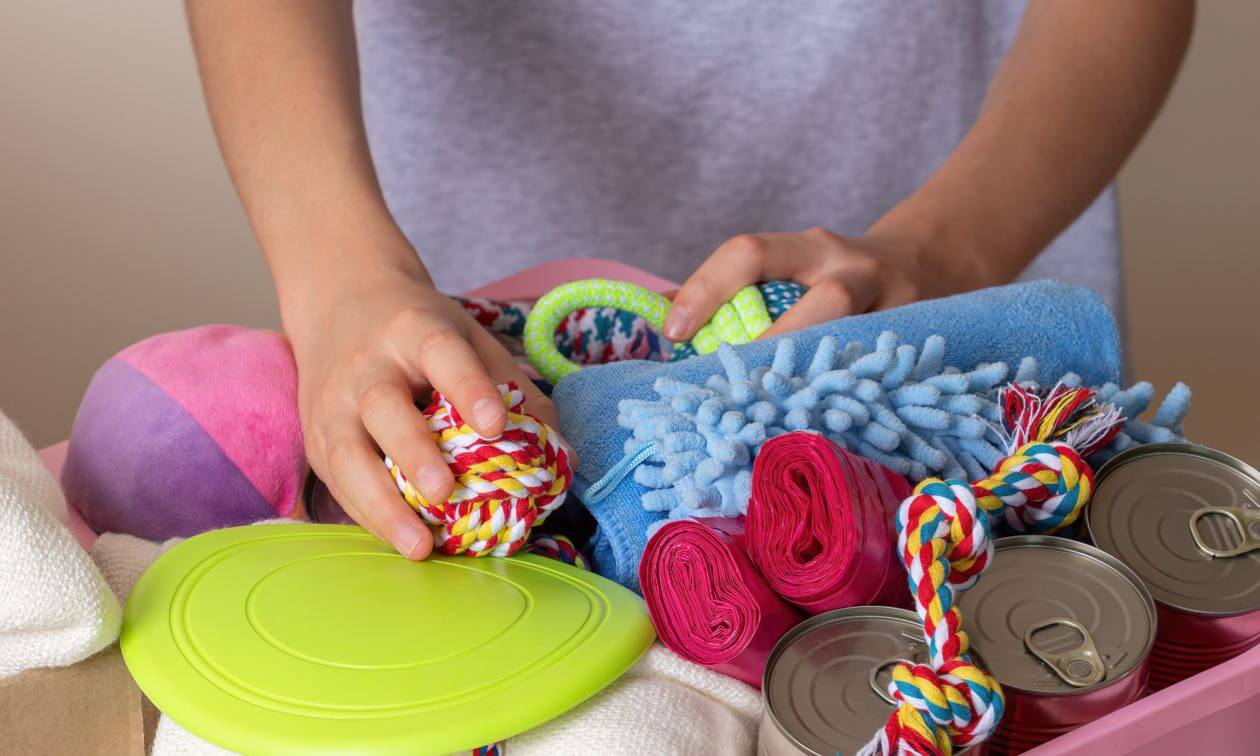
5. Towels and Blankets
Shelters use towels and blankets for bedding, drying off wet animals, or creating cozy spaces inside kennels. You don’t need brand-new items—gently used ones are perfect as long as they’re clean and in usable condition.
Ideal donations include:
- Bath towels
- Fleece blankets
- Pet beds and crate liners
- Old sheets or comforters (without stuffing)
Avoid anything with loose threads or holes, which can be hazardous to curious paws.
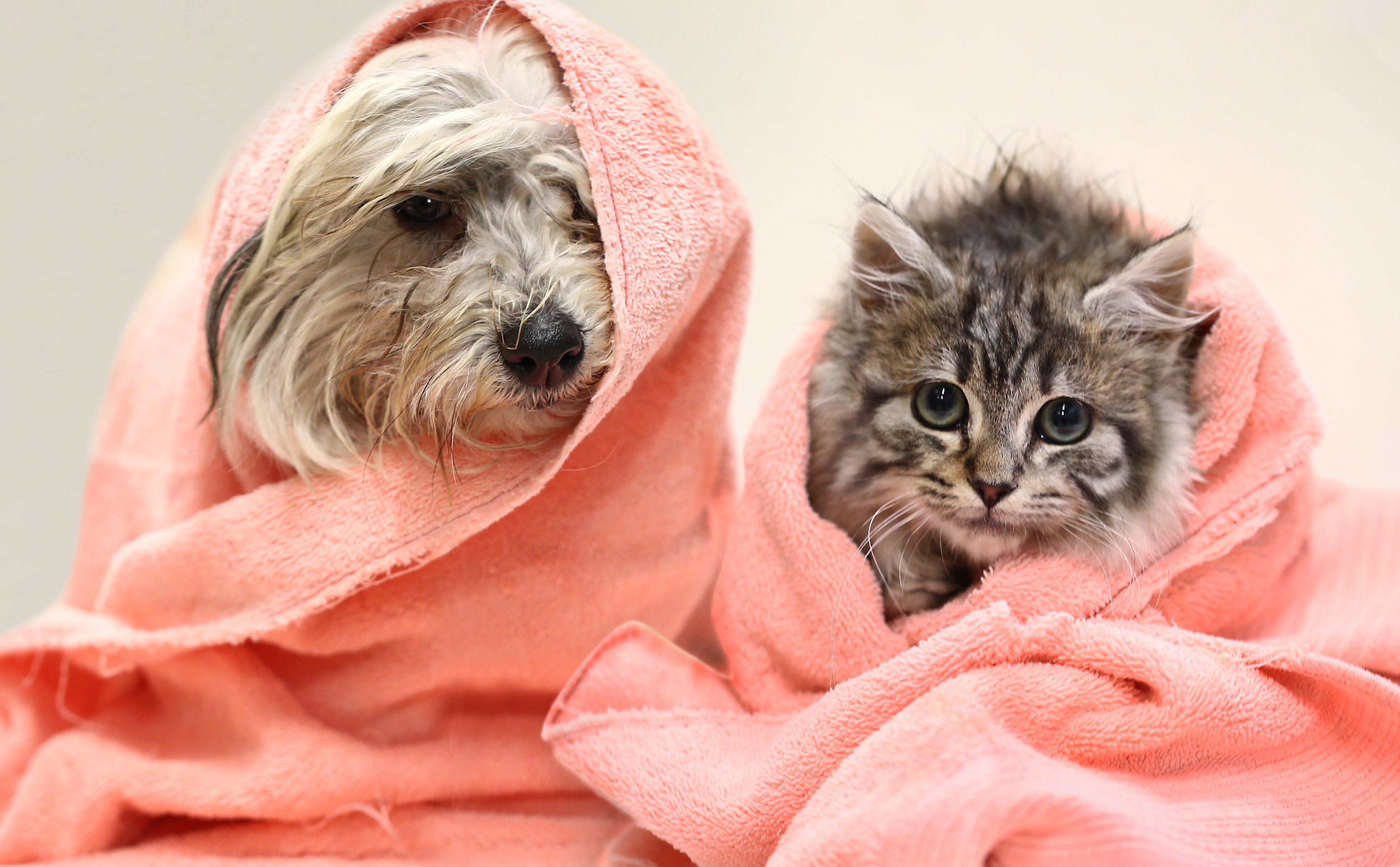
6. Newspapers
Newspapers may seem outdated, but they are still commonly used in shelters to line kennels and litter areas. This simple donation helps reduce cleanup time and offers a more sanitary space for animals.
If you subscribe to a local paper, consider collecting and dropping off your read copies weekly. Call first—some shelters are moving to washable pads or other materials and may not need newspapers.
7. Grooming Supplies
Grooming helps shelter pets stay healthy and more appealing to potential adopters. Whether it’s a fresh bath or a nail trim, grooming supplies are always in demand.
Useful items include:
- Brushes and combs
- Pet shampoo (gentle or hypoallergenic)
- Nail clippers
- Grooming scissors
- Ear wipes and deodorizing sprays
Fragrance-free and pet-safe products are preferred.
8. Collars, Leashes, and Harnesses
Dogs in shelters need to be walked regularly for both physical exercise and behavioral support. Donate gently used or new collars, leashes, and harnesses of all sizes to help staff and volunteers provide consistent walks.
Adjustable items are particularly useful as they can be reused across a variety of breeds and sizes.
9. Bedding and Furniture
Animal beds and furniture help shelter pets feel safe and comfortable. If you have a pet bed your animal no longer uses, consider donating it to a shelter.
Welcomed items include:
- Pet beds or cushions
- Cooling and heating pads
- Mats for kennel flooring
Ensure all items are clean and intact.
10. Crates and Carriers
Crates and carriers are essential for safely transporting animals to vet appointments, adoption events, or foster homes. These items can be expensive, so any donations—new or gently used—are highly appreciated.
Sturdy, washable carriers with secure doors are best. If donating used ones, double-check for broken latches or damage.
11. Food and Water Bowls
Shelters go through a lot of bowls daily, especially when they house large numbers of animals. Stainless steel bowls are preferred because they are easy to clean and more durable than plastic.
You can also donate:
- Non-tip bowls
- Elevated feeding stations
- Slow-feeder bowls (for dogs who eat too quickly)
12. Flea and Tick Preventative
Upon intake, many animals require immediate flea and tick treatment to ensure a safe environment. Donating unopened, unexpired preventative treatments (oral or topical) is extremely helpful.
If you’re unsure which brands are accepted, reach out to your local shelter or ask your vet for donation-friendly recommendations.

13. Litter Boxes and Puppy Pads
Cats and small dogs need consistent access to litter or indoor potty areas. You can support their needs by donating:
- Litter boxes (standard or covered)
- Litter scoops
- Clumping or non-clumping litter
- Puppy training pads
These items help shelters maintain cleanliness and support housetraining efforts.
14. Nursing Supplies
Many shelters care for very young animals that require bottle-feeding. If you have leftover nursing bottles, formula, or heating pads from raising a litter, these supplies can be a lifesaver.
Call ahead to confirm which items your local shelter accepts, as some may have specific feeding protocols or brand preferences.

15. Office Supplies
Shelters also need help behind the scenes. Administrative tasks like filing, scheduling, and managing adoption records require basic office supplies.
Consider donating:
- Printer paper and pens
- Sticky notes and folders
- Binders and clipboards
- Envelopes and mailing labels
These simple items help keep operations running smoothly.
Final Thoughts: Help Your Local Shelter With What They Truly Need
Supporting animal shelters doesn’t always mean adopting a pet. By donating essential things rescue shelter needs, you play a direct role in improving the lives of animals in transition. From blankets and toys to crates and cleaning supplies, your contribution helps these organizations stretch their resources and care for more animals.
Before donating, always check with your local shelter to see what items they’re currently accepting. Needs can vary by season, capacity, or specific programs.
Every donation, no matter how small, has the potential to make a big difference in the life of an animal waiting for a second chance.
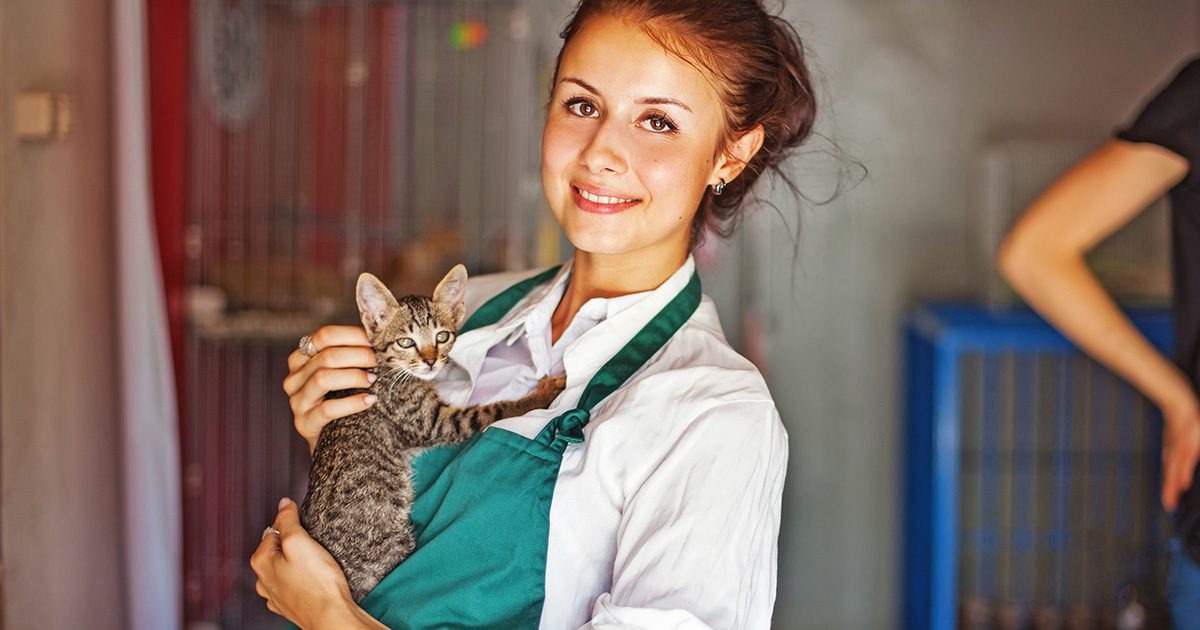
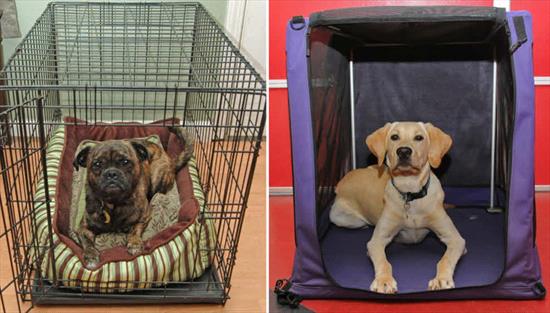


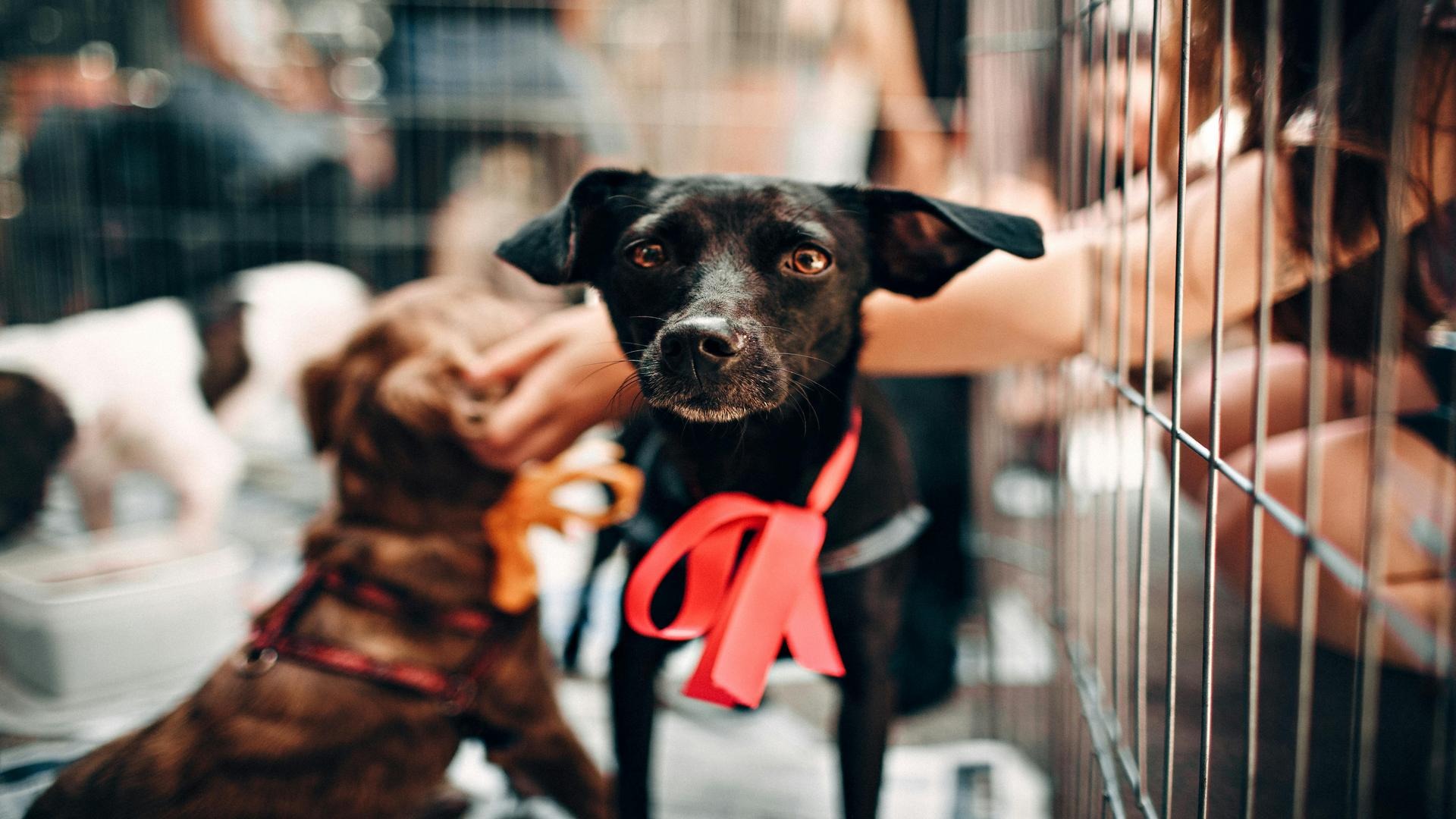


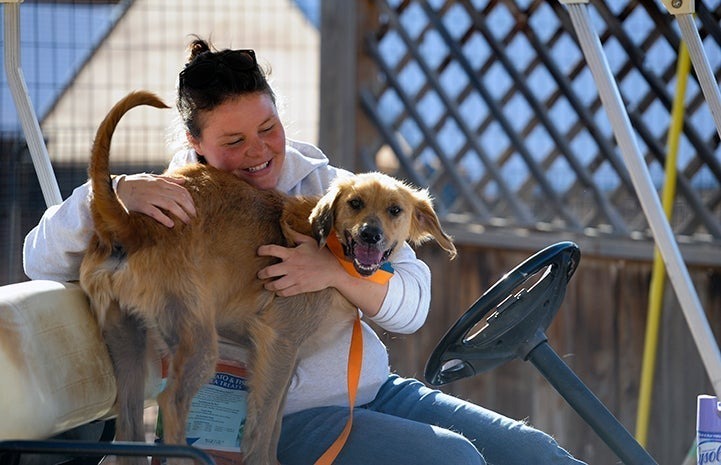



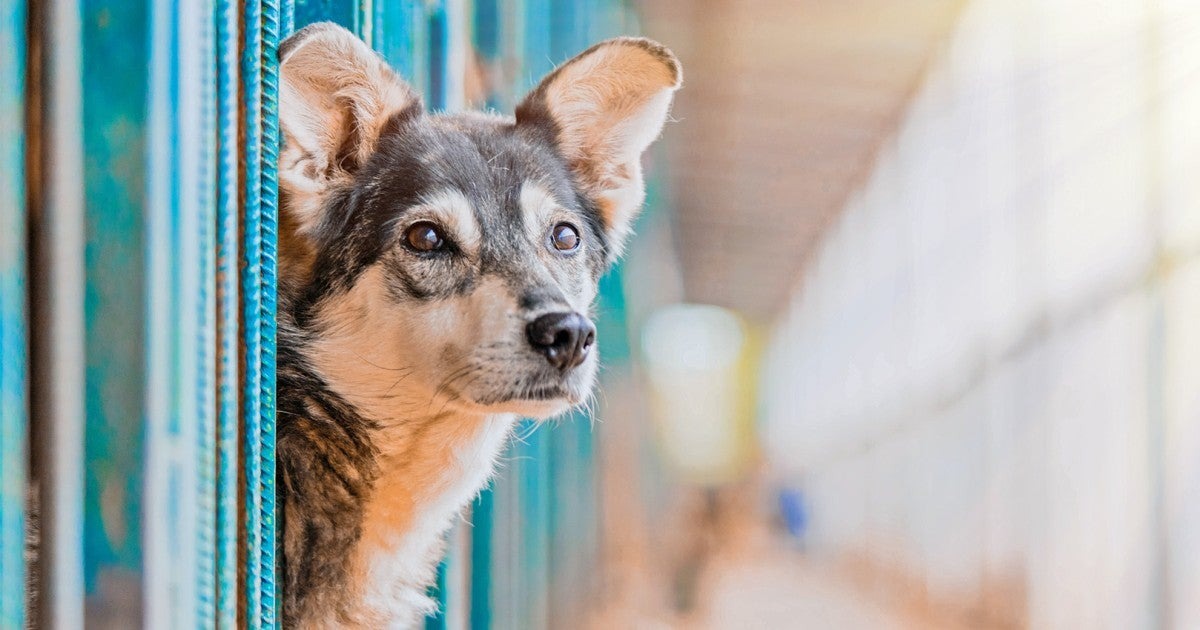




Leave a Reply